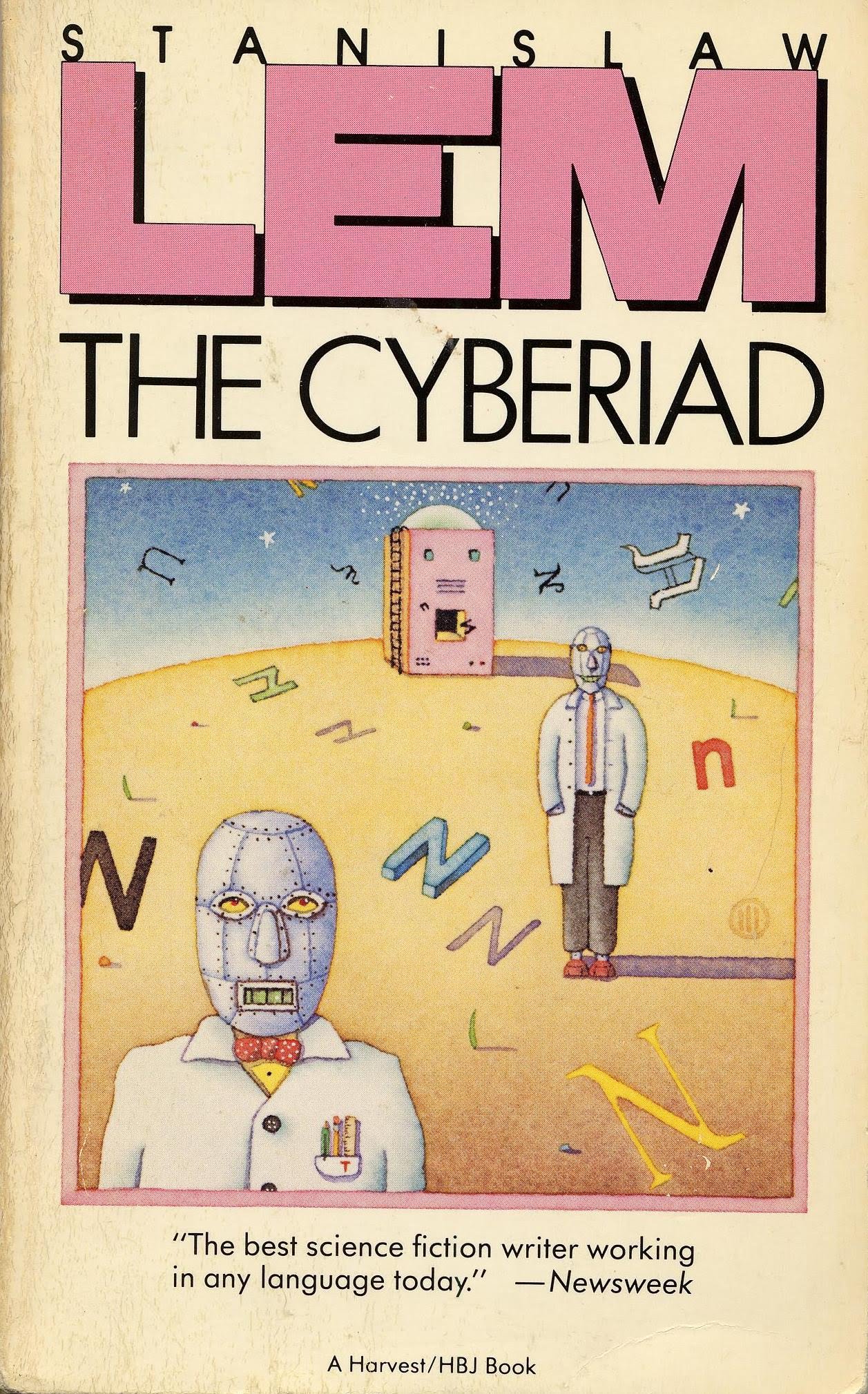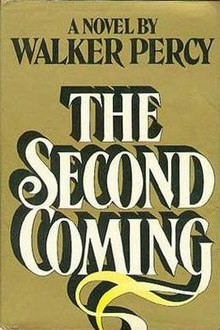Eudora Welty is definitely a master of short fiction. Her story "Why I Live at the P.O.," which is one of those stories you always see in collections of short stories, is like a hurricane trapped in a bottle: a comic masterpiece that might have been a novel like The Ponder Heart distilled into three or four explosive pages. Her story "Where is the Voice Coming From?" is a different beast all together--a first-person imagining of the thought process of Medgar Evers' murderer, written even before Byron De La Beckwith was identified. Those two stories are vastly different, but they each capture some critical voice of the American South--one we'd like to embrace and one we'd like banish, but each undeniably of its time and place.
The Golden Apples is a collection of stories about the South in a mythic, rather than comic or Gothic mode. Its focus on a single mythical town, Morgana, Mississippi, puts it in a league with Sherwood Anderson's Winesburg, Ohio, or the more recent collection Olive Kitteridge. In these stories, Welty captures another distinctly Southern voice, one which finds an affinity with Greek myth, as in the collection's title:
Was it so strange, the way things are flung out at us, like the apples of Atalanta perhaps, once we have begun a certain onrush?
Among the mythical figures of Morgana is King McLain, who abandons his wife Snowdie (so called because she is an albino) and his newborn twins, but who continues to float about the nearby towns and forests, to be spotted, every now and then, like a sasquatch. The first story in the collection, "Shower of Gold," tells the story of King returning home, only to be surrounded at his own front door by his two twins, dressed in Halloween costumes and raising hell, and who have no idea who their father is. King, of course, thinks better of coming home and runs away again. At the end of the collection, in the story "The Wanderers"--in which which, like in The Optimist's Daughter, friends and family cast far and wide return for a funeral--King has returned, having shed his mythical qualities and proven, at the end of his life, to be a very normal old man. In between, Welty provides a pair of stories that contrast the two lives of King's twins--the one who moved to San Francisco, and the one who stayed behind.
It seemed to me that The Golden Apples, unlike Delta Wedding or The Optimist's Daughter, struggles with its ensemble cast, perhaps burdened by the extra task of tracking the various characters over the course of many years. The stories are checkered with numerous fascinating side characters--King, Snowdie, the quietly despairing piano teacher, Miss Eckhardt, and a mysterious Spanish guitarist. But the young girls (later, young women) of Morgana who are typically the stories' protagonists and their emotional centers, are difficult to distinguish--something which Welty's frequent obscurism often exacerbates. But Welty's sense of metaphor, and her careful observations about life, remain as terrific as ever:
That's one of those things that seems undeniably true, but that I never could have put into words myself. That's one of the most satisfying things about reading, and with Welty, it happens a lot.
Virgie never saw it differently, never doubted that all the opposites on earth were close together, love close to hate, living to dying; but of them all, hope and despair were the closest blood--unrecognizable one from the other sometimes, making moments double upon themselves, and in the doubling double again, amending but never taking back.








